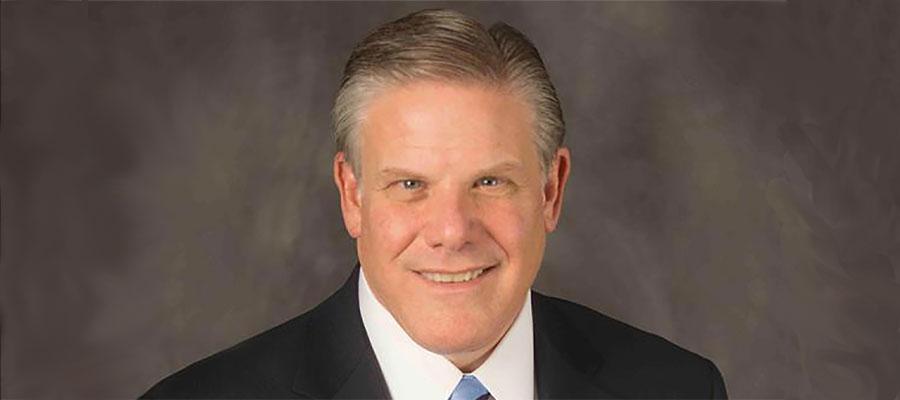Perspective: Engaging members to shape the future

Despite what they say about gridlock and nothing going on in Washington, there actually is a lot going on in real time that has a real impact on our field … and we have the opportunity to influence the outcomes.
One of the AHA’s strengths is being able to tap into the expertise and input that member hospital and health system leaders provide in order to help us shape our strategies on public policy and preparing for the future. Last week, we welcomed hundreds of our leaders to Washington, D.C., for a National Regional Policy Board (RPB) meeting to convene our nine member-led boards that meet individually around the country in one unified conversation. In addition, several of our councils and committees also had meetings here in the nation’s capital.
We’ve decided to hold National RPB meetings every two years — during odd numbered, or non-election years — when we generally forecast that Congress will be returning for its fall end-game … and there are likely to be key issues in play where we can benefit from having folks from back home weigh in on Capitol Hill.
At this year’s National RPB, we set out to build on our last RPB conversations; do a deep dive on key and emerging issues; refine our strategies on price transparency; develop options to address concerns relative to Medicare Advantage plans; and advocate for action on major policies that affect us in terms of current issues being debated on Capitol Hill such as surprise billing, Medicaid Disproportionate Share Hospital and site-neutral payment. Further, we began to explore the issue of private equity firms acquiring physician practices.
We heard from notable speakers who addressed the top issues facing the field … and the country.
Centers for Medicare & Medicaid Services Administrator Seema Verma shared her views on current issues and the Administration’s perspective on health care policy. Harvard professor and polling expert Bob Blendon illustrated why health care will continue to be the top issue for voters going into the 2020 elections. And legendary journalist Bob Woodward shared his thoughts on the presidency and the 2020 elections.
Our panel on innovation focused on how we can scale transformation through members collaborating to identify new solutions. For instance: expanding capacity to test new risk models, leveraging technology and data in novel ways, and creating better networks for behavioral health. This panel was moderated by Dr. Melinda Estes of Saint Luke’s Health System and featured AHA Chairman Brian Gragnolati of Atlantic Health System, Dr. Harsh Trivedi of Sheppard Pratt Health System, and Dr. Rod Hochman of Providence St. Joseph Health.
In addition, we had a panel that examined the growing trend of physician practice acquisition by private equity investors, which was moderated by past AHA Chair Nancy Agee of Carilion Clinic. It featured Kevin Hahm, assistant director of the Mergers IV Division at the Federal Trade Commission; Mark Botti, partner in Baker Botts’ Antitrust and Competition Practice; and Dr. Vance Vanier, founding partner at Chicago Pacific Founders, a private equity firm. These folks provided important insights into what this trend might mean for the health care field.
Moreover, we organized an AHA Advocacy Day for members to take their concerns directly to Congress. Hundreds of hospital and health system leaders joined in the room or online. Afterwards, the members in the room went to Capitol Hill to urge their senators and representatives to address surprise billing responsibly; prevent Medicaid DSH cuts from going into effect; and correct CMS’s flawed site-neutral payment policy.
And you’ve already seen our collective influence and unified voice put to work. For example, yesterday, we scored a win when the House passed its continuing resolution to fund the government and delay Medicaid DSH through Nov. 21. The Senate is expected to follow suit. On Tuesday, we scored a big win when the court sided with hospitals in ruling that CMS overstepped its authority.
The takeaways:
First, there’s a lot going on in Congress, and we have the opportunity to shape it. We’re keeping the pressure up: We have another advocacy day scheduled for next Tuesday, Sept. 24. You can review our resources for talking to lawmakers here.
Second, we need to maintain the momentum in transforming — or “redefining the H” — using innovation to make care more affordable and convenient for patients. This will help us remain competitive as new players enter the “health care ecosystem.”
Be certain: We rely on you to influence the myriad issues on the table. While we always appreciate it when you participate in our advocacy days, there are other ways you can get involved. Visit our Advocacy Action Center for more information.

